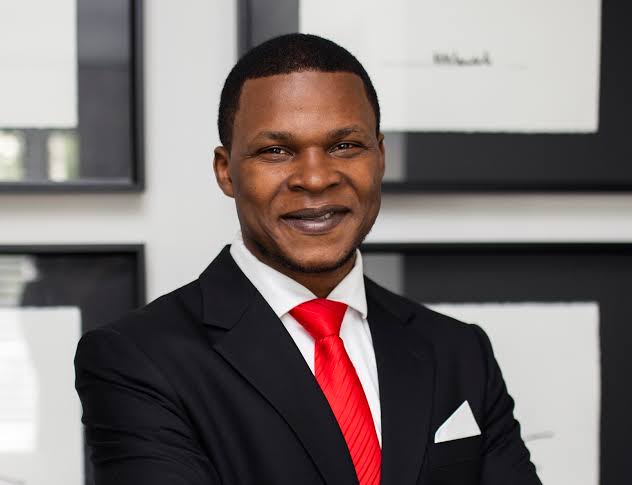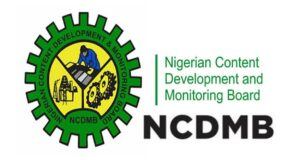African Energy Chamber Chairman
OpenLife Nigeria reports that chairman of African Energy Chamber, NJ Ayuk, has called for the inclusion of women in the working mechanism in the energy sector.
In the same breadth, the chairman has praised the African Association of Energy Journalists and Publishers (AJERAP), referring to its members as “African truth seekers and freedom fighters.”
His remarks were made during a recent One-on-One engagement webinar, held on Wednesday and co-hosted by media consultant Camara Sanna, based in The Gambia, and Allen Atwiine, Managing Partner at Surprise Africa.
Ayuk commended AJERAP, which has members across all 54 African countries, for its significant contributions to the energy sector.
He emphasized that their work has been instrumental in driving growth and development across the continent, even though it is often underreported and unrepresented.
“You are the true voice of our continent, speaking truth to power even when it’s inconvenient,” Ayuk stated, acknowledging the vital role of the media in raising critical issues such as energy poverty and climate justice.
Highlighting the purpose behind the African Energy Chamber’s formation, Ayuk explained that it was created to advocate for African businesses in the energy sector.
He noted that, historically, international companies dominated the industry, while African stakeholders were sidelined.
Instead of resorting to protests, the Chamber focused on lobbying and collaborating with governments to create policies that fostered greater involvement of African businesses and professionals in the sector.
Ayuk also underscored the need for gender inclusion, calling attention to the fact that women are often the “last hired and the first fired” in the energy sector, a practice he strongly condemned.
He advocated for policies that would create a more enabling environment for women, positioning them as key contributors to progress in Africa’s energy industry.
In addition to promoting gender equality, Ayuk emphasized the importance of youth engagement in the energy sector.
He highlighted the African Energy Week as a platform dedicated to the development of Africa’s energy, oil, and gas industries.
The Chamber, according to him, is actively working with energy companies across the continent to create job opportunities and offer training programs aimed at building capacity among Africa’s youth.
Furthermore, Ayuk spoke about the Chamber’s efforts to combat corruption and reduce bureaucratic hurdles in the energy sectors of African countries.
He stressed the importance of fostering a business-friendly environment that attracts international investment, with a focus on building relationships with countries like Russia, the UAE, and China, to boost Africa’s energy sector.
In conclusion, Ayuk urged stakeholders, including governments and investors, to increase their efforts in combating energy poverty across the continent.
He reaffirmed the Chamber’s commitment to unlocking Africa’s potential in the energy sector by advocating for inclusive policies and fostering international partnerships.
NJ Ayuk, Chairman of the African Energy Chamber, highlighted the signing of approximately USD 26 billion in deals during previous editions of the African Energy Week.
He underscored the significance of projects like the East African Crude Oil Pipeline (EACOP) for Uganda and Africa as a whole, noting their potential to contribute to the continent’s energy sector development.
Ayuk emphasized East Africa’s position as a key hub for energy project development, with countries such as Senegal and Namibia also presenting vast investment opportunities.
He expressed concerns over the global energy transition agenda, viewing it as a potential threat to Africa’s energy prosperity.
Despite Africa’s minimal contribution to climate change—less than 3%—Ayuk advocated for climate justice, urging that Africa be allowed to leverage its oil and gas resources to alleviate energy poverty and promote development.
He noted that while financing constraints in Africa’s oil and gas industry pose challenges, they also present an opportunity for Africans to invest in their resources.
Ayuk called for an enabling environment, driven by sound government policies, to attract both local and international investors to the African energy sector.
He described African Energy Week as more than an event—calling it an African movement that showcases the continent’s immense energy opportunities to the global energy sector and investors.
He emphasized that the platform provides a space for all industry players, including women and youth, to participate in and contribute to Africa’s energy growth.
He revealed that the upcoming African Energy Week is expected to attract 10,000 participants from around the world and will focus on pressing issues such as climate change, renewable energy, and more.
In addition, Ayuk stressed the importance of Africa’s industrialization, stating that the continent must harness its abundant oil and gas resources for its development.
In a related development, the African Association of Energy Journalists and Publishers (AJERAP) paid tribute to Uganda as the nation marked its 62nd independence anniversary.
AJERAP, committed to promoting accurate reporting on energy, sustainability, and environmental issues from an African perspective, praised Uganda’s progress in the energy sector and its contributions to the continent’s development.






